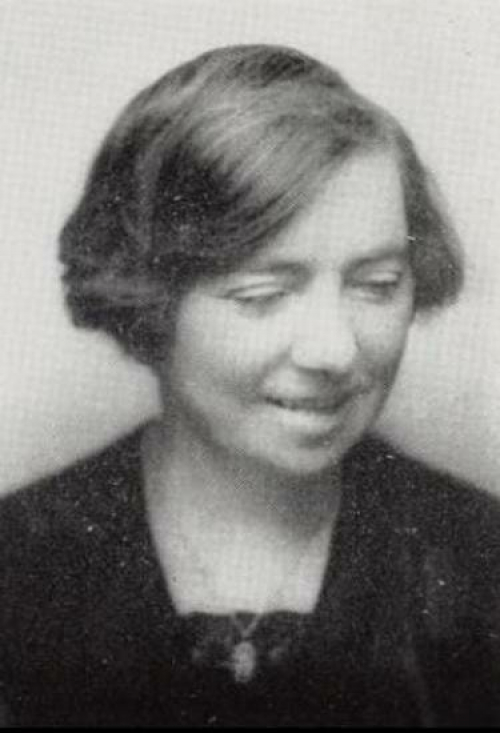Easter 1916 and Maeve Cavanagh, 'poetess of the revolution'

Jenny Farrell introduces Maeve Cavanagh and presents one of her poems
Last Easter, we published some poems written by three leaders of the 1916 Easter Rising in Ireland. They were Pádraig Pearse, who wrote the 1916 Proclamation of the Republic, and his comrades and signatories Thomas MacDonagh and James Plunkett, accessing through their verse their revolutionary aspirations. All three were executed following the defeat of the rebellion.
Among the rebels were a significant number of women, who were not executed, including some poets. This Easter, I wish to introduce one of these, Maeve Cavanagh, who had been a member and secretary for some years of Cumman na mBán, the Gaelic League, and Connolly's Irish Citizen Army. She was also involved in the cultural and educational activities held in Liberty Hall.
Part of Maeve Cavanagh’s aspiration was to make the ordinary working people of Dublin more politically aware. For example, she spent considerable effort trying to dissuade men from joining the British Army in the first world war. In her 1914 poetry collection Sheaves of Revolt, she describes the brutality and horror of war and its aftermath:
So hurry up and take the ‘bob’
The Butcher cannot wait,
The German guns are talking,
At a most terrific rate.
And if you should crawl back,
Minus arm or minus leg,
You’ll get leave to roam your city
To sell matches – or to beg.
Maeve’s brother Ernest was a cartoon artist whose anti-war work featured in Irish Worker, Fianna and Irish Freedom. Ernest, who worked at the Irish Transport and General Workers Union (ITGWU), was shot dead by British troops on the steps of Liberty Hall during the Rising.
Maeve Cavanagh herself was much involved in the preparations for the Rising and was well acquainted with James Connolly. Connolly called her “the poetess of the revolution” and published one of her poems in The Workers’ Republic. She also wrote a play about the Rising, “The Test: a play of 1916” and was active in trying to secure a reprieve for Roger Casement. All these, alongside her eye-witness accounts of the uprising, are now held in the National Library of Ireland. Her poetry, unfortunately, does not feature in the Irish public's literary consciousness.
Eastertide, 1916
by Maeve Cavanagh
The warring nations mazéd heard
The slogan cry of Eire ring,
And they who in her fain hope shared
Exultant watched her gallant spring-
The wolf-dog stood at bay once more,
And heard unmoved the Lion’s roar.
The hours were told - her time had come -
At noontide on an April day,
She bore the Truth - and Lie struck dumb
In all her glorious, deathless way.
Ere to his couch the sun sank down
Her flag flew over Dublin town.
And Connaught o’er broad Shannon ‘s tide,
Her noble challenge swiftly sends,
True as of yore from Slaney’s side
Brave Wexford’s thrilling answer wends -
And history stoops to write to-day
The fairest page she’ll pen for aye.
What tho our fairest, dearest fall?
We shall not grudge the awful price
To-day we stand in freedom’s hall,
And Freely make our sacrifice.
We’ve seen our Goddess face to face
All times cannot this hour efface.
Written on the hoisting of the Irish Republican Flag over the G.P.O. - Dublin, 24/4/1916

Jenny Farrell
Jenny Farrell is a lecturer, writer and an Associate Editor of Culture Matters.